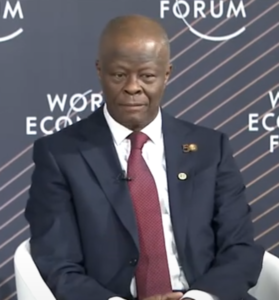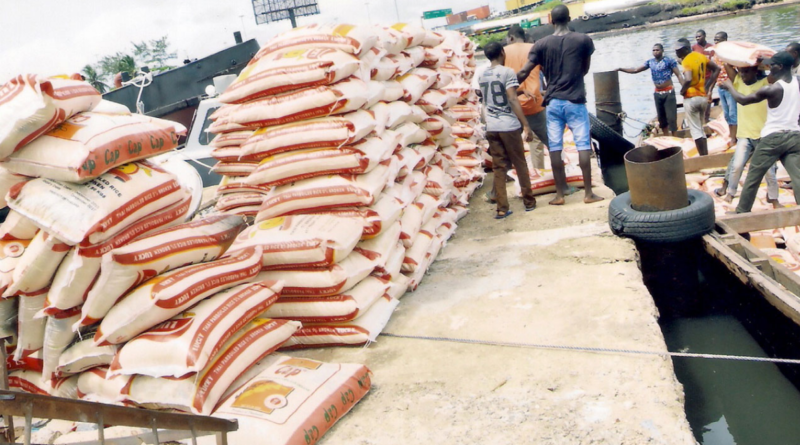The Nigerian government unveils plans to reduce food imports
Nigeria Government to slash food imports, and boost agricultural self-sufficiency
Nigeria is poised to excessively cut its reliance on food importation, as announced by Wale Edun, the Minister of Finance and Coordinating Minister of the Economy.
During a press conference in Abuja on Thursday, celebrating the country’s 64th Independence Day, Edun revealed a robust strategy aimed at enhancing domestic agricultural production and strengthening food security. He emphasised that the time for extensive food importation has passed, making this shift a key element of the government’s economic recovery plan. Edun stated, “We should not be importing food,” highlighting the nation’s future in achieving self-sufficiency.

He noted that the government is dedicated to supporting small-scale farmers by offering essential resources like seeds and fertilisers through initiatives like the Nigerian Agricultural Growth Scheme. The support will aim to improve harvests during both the wet and dry seasons, reducing the need for imports in the short term while increasing productivity in the long run. As a short-term intervention, the government has mandated the importation of maize and wheat to stabilise the food market.
However, Edun emphasised the need to balance this with efforts to boost domestic production. He warned, “It is critical that we do not disrupt domestic production of food. It is critical that we not disrupt farming in Nigeria by flooding the market with imports. As Edun emphasised, reducing reliance on food imports is not only an economic necessity but also a crucial step towards achieving Nigeria’s future self-sufficiency.
Further, “This is not where we should be,” he stated, referring to the country’s dependence on imported food. He argued that the new strategy will set Nigeria on a course toward economic independence and food security.
Edun’s comments come amid rising food prices and an agricultural sector that lags behind global productivity standards. The government aims to more than double agricultural output in the long term by enhancing local seed varieties and adopting improved farming practices. This push to revitalise agriculture is a central component of a broader economic reform, as the nation also deals with the effects of the recent fuel subsidy removal.
The Minister of Budget and National Planning, Abubakar Bagudu, emphasised the nation’s rapidly growing population as a significant challenge. He pointed out that Nigeria’s population has doubled from 119 million in 1999 to 230 million today, leading to a sharp increase in demand for infrastructure, education, and healthcare.
Also Read: 98 Nabbed in Lagos for Armed Robbery, Kidnapping, & Cultism.
He said, “There are 230 million of us. Not surprisingly, demand for government services, infrastructure, financing for education, and health services has grown significantly.
“In fact, in 1999, which is 25 years into our democratic journey, our population was 119 million. But while our population has been growing fivefold, our economy has not expanded as quickly as the population has expanded.”
Content Credit| Igbakuma Rita Doom
Picture Credit | https://nairametrics.com/2022/10/24/nigerias-rice-import-falls-by-98-4-to-15-metric-tonnes-in-7-months-2022/#google_vignette




